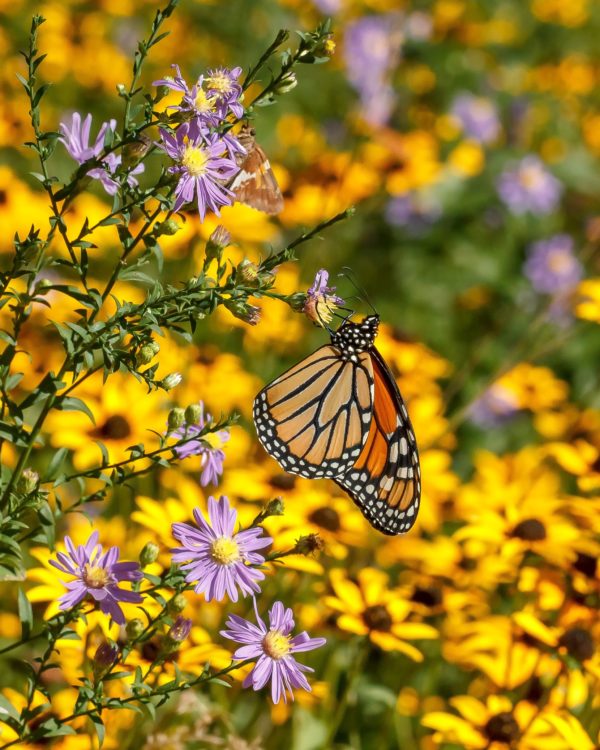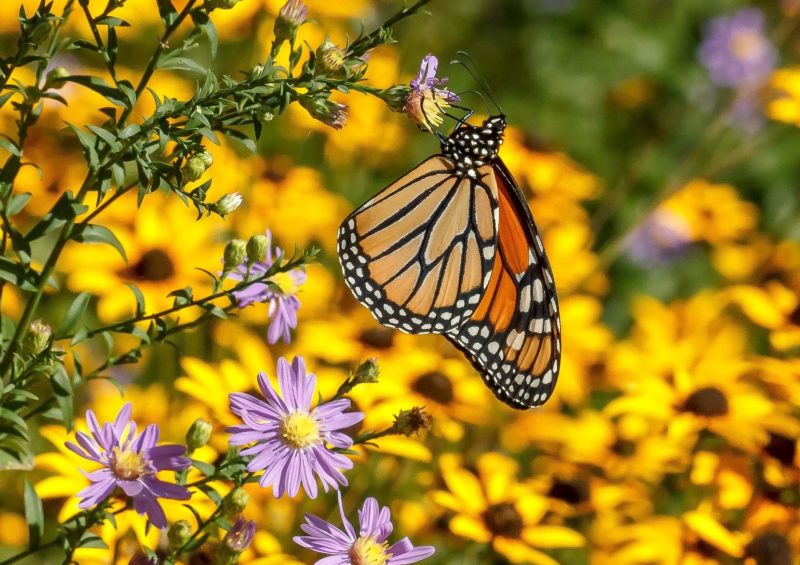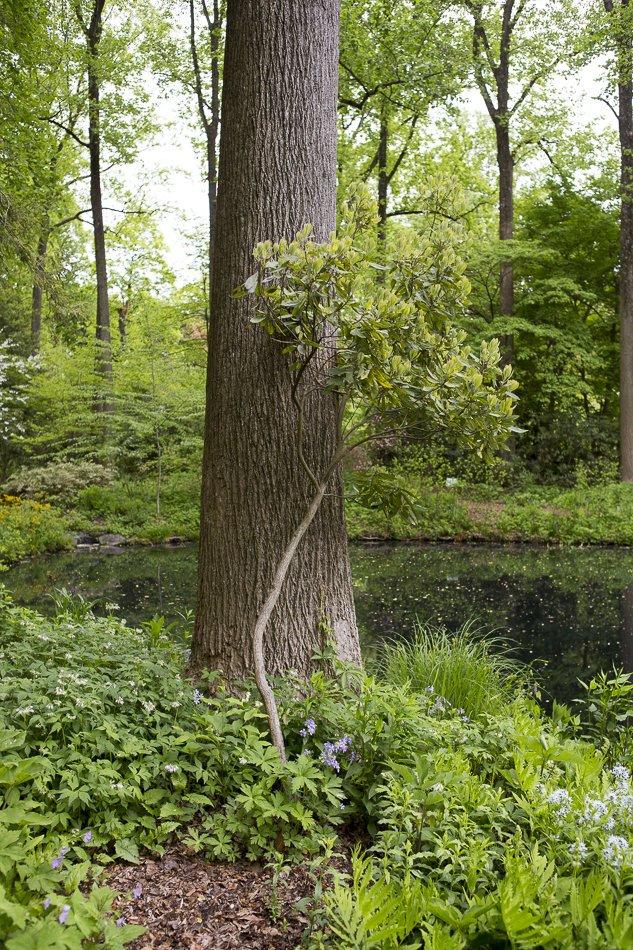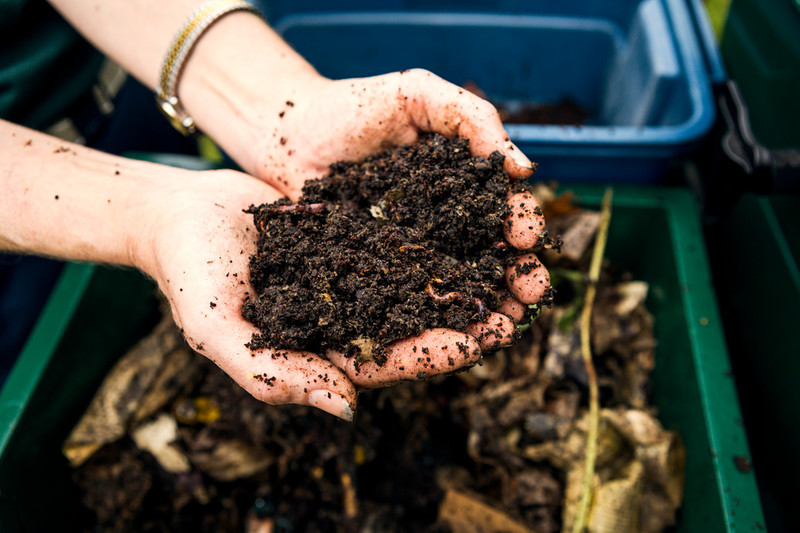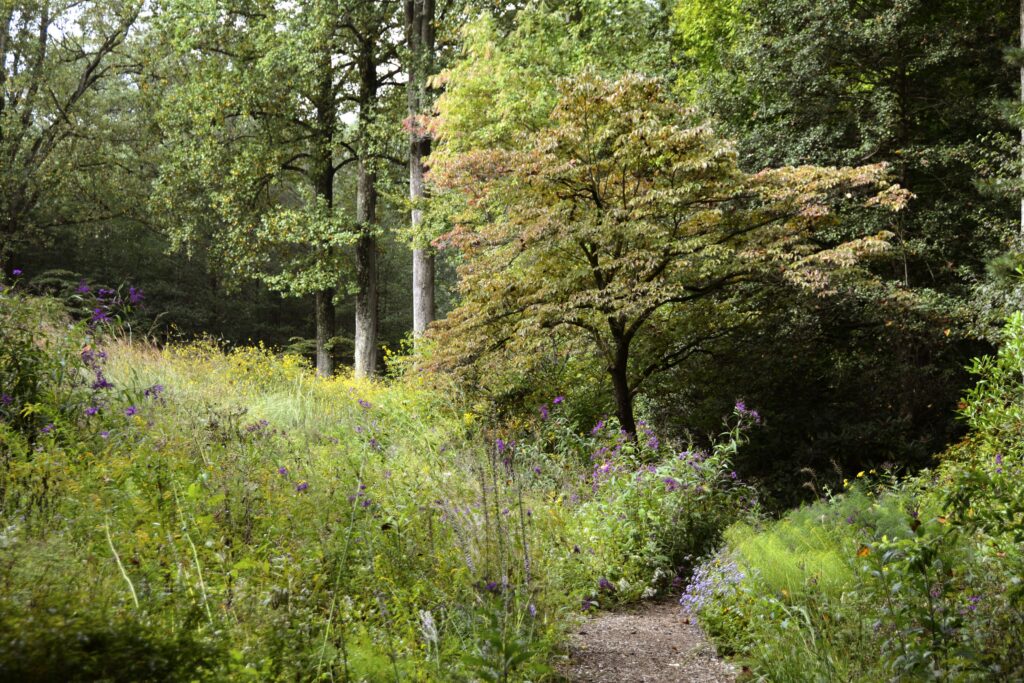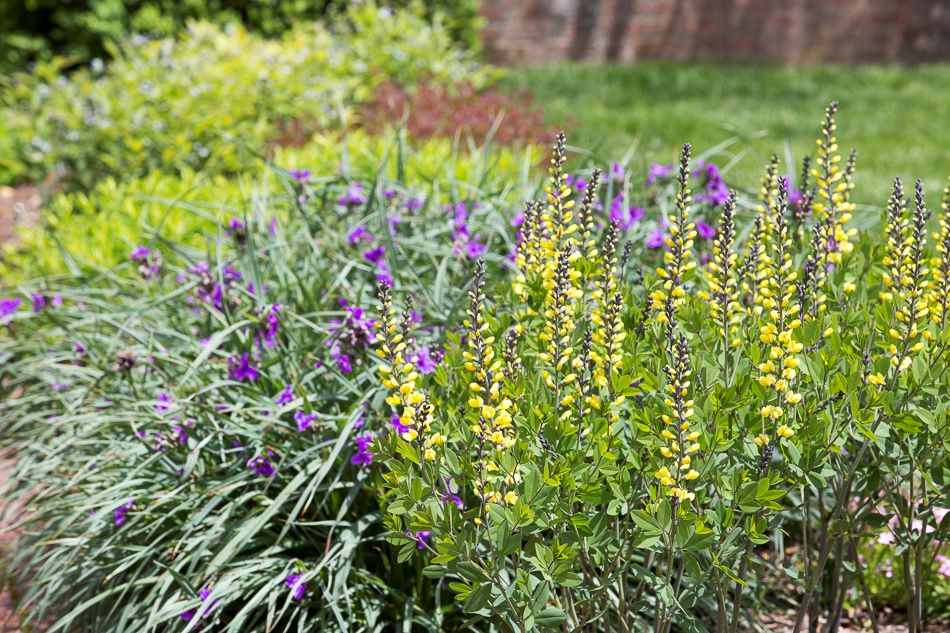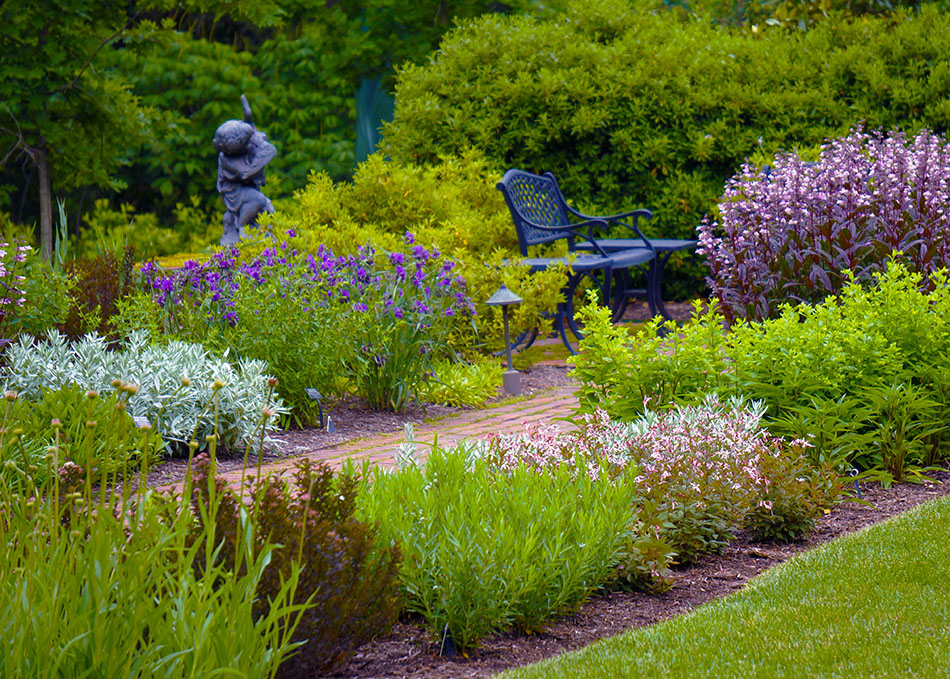Our highly popular Native Plants Series is available in a new course format. View the prerecorded lectures at your own pace prior to joining Mt. Cuba staff for scheduled onsite 2-hour garden tours. Tours include walking over rolling terrain and mulched paths. Dress for the weather. Classes are rain or shine. Six prerecorded online lectures
MoreNative plants of the Eastern Temperate Forest are beautiful, inspiring, and critically important for healthy landscapes. From the subdued colors and fragrances of spring wildflowers to the exuberance of summer perennials and the captivating hues of fall foliage, discover a wealth of plants to satisfy your gardening needs throughout the seasons. Using Mt. Cuba’s stunning
MoreDevelop a deeper connection to trees by understanding their outsized role in our natural ecosystems. Trees provide habitat and food. They support nutrient-cycling in forest systems through leaf-drop and decomposition, mediate temperatures, mitigate stormwater, and soil erosion, and are culturally significant to the mid-Atlantic region. Examine the ecological features of trees while learning about their
MoreNative plant communities are supported by healthy, balanced soils that contain a vast array of living organisms including microbes, insects, and other fauna. Learn the basics of soil science, the value of organic matter and its role in soil structure and nutrition, and the importance of soil organisms. Learn how to make and use compost
MoreCreate more ecologically sound landscapes by implementing a variety of sustainable gardening and landscaping techniques. Learn how to manage and conserve water using rain gardens, bioswales, and rain barrels. Reduce the demands of lawn care by adding meadow areas and increase your energy savings with strategically placed layered plantings. Develop your garden to support a
MoreOur highly popular Native Plants Series is available in a new course format. View the prerecorded lectures at your own pace prior to joining Mt. Cuba staff for scheduled onsite garden tours. Please note – attendance to garden tours and exam are required if you are working towards the Ecological Gardening Certificate. As Earth awakens
MoreAs Earth awakens from its winter slumber, experience the colors, fragrances, and rapid progression of spring-flowering native plants. Through lectures and outdoor labs, learn to identify 60 beautiful and ecologically valuable trees, shrubs, and herbaceous perennials. Examine the identifying characteristics of each plant and its preferred growing conditions, overall size, and environmental significance. With this
MoreEcologically sound landscapes are adapted to local environmental conditions and require fewer inputs to achieve success. Learn how to measure, inventory, and analyze a site; then make a conceptual design and planting plan using the “right plant, right place” approach. Broaden your design perspective, increase biodiversity in the landscape with native plants, decrease space dedicated
MoreDevelop a deeper connection to trees by understanding their outsized role in our natural ecosystems. Trees provide habitat and food. They support nutrient cycling in forest systems through leaf-drop and decomposition, mediate temperatures, mitigate storm water, and soil erosion, and are culturally significant to the mid-Atlantic region. Examine the ecological features of trees while learning
MoreDevelop a deeper connection to trees by understanding their outsized role in our natural ecosystems. Trees provide habitat and food. They support nutrient cycling in forest systems through leaf-drop and decomposition, mediate temperatures, mitigate storm water, and soil erosion, and are culturally significant to the mid-Atlantic region. Examine the ecological features of trees while learning
More

